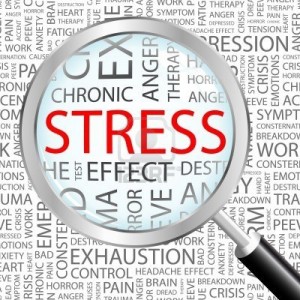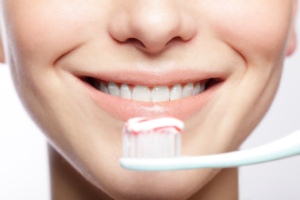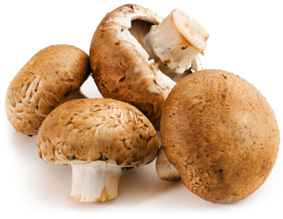 Nearly one in three people view their lives moderately to severely stressful, and more than 50% feel that stress has a moderate to severe impact on their health problems. We’ve identified some symptoms of stress, and some ways to approach natural stress relief.
Nearly one in three people view their lives moderately to severely stressful, and more than 50% feel that stress has a moderate to severe impact on their health problems. We’ve identified some symptoms of stress, and some ways to approach natural stress relief.
Symptoms of Stress
Stress has been linked with detrimental health effects including heart disease and even brain shrinkage. Below are just a few of the symptoms cased by stress.
- Trouble sleeping
- Feeling irritable and defensive
- Headaches
- Trouble concentrating or remembering
- Tense, tight muscles
- Anxious, jittery, or nervous feelings
- Difficulty breathing
- Upset stomach, diarrhea, or constipation
- Having trouble making decisions
- Frequent colds, viruses, or infection
Having stress is not necessarily bad, but you need to be aware of the sources of stress and have a way to cope. There is no “right” way to handle stress – you need to find out what works for you.
- Eat well. Good nutrition can improve your mood and your ability to handle stress.
- Get enough rest, but don’t stay in bed to avoid problems;
- Avoid using caffeine, cigarettes, or alcohol
- Simplify your life by setting priorities for yourself.
- Exercise at least three times a week.
Massage
Studies of the benefits of massage demonstrate that it is an effective treatment for reducing stress.
- Improved circulation – Having an increase in blood flow and circulation to areas of your body helps promote cell growth and organ function.
- The feeling of well-being – Massage increases the available levels of dopamine and this explains the satisfaction experienced during and after a massage.
Acupuncture
The body secretes hormones into the bloodstream as a reaction to stress. Acupuncture can block the chronic, stress-induced elevations of these hormones leaving you with a sense of calm & relaxation.
Physiotherapy
Physiotherapy can assist decease stress levels through manual therapy. Manual therapy involves manipulation of muscles and tissues in the body. This technique is used to reduce muscle tension, improve circulation, and carry fresh oxygen to tissues in the body.
Chiropractic
One of the effects of chronic stress is prolonged muscle tension. This muscle tension can leads to mis-alignments of the spine and the other joints in the body. These mis-alignments can cause common conditions such as; back pain, neck pain, and headaches. Chiropractic adjustments correct these mis-alignments, reduce nerve irritation, improves circulation, and releases muscle tension.










